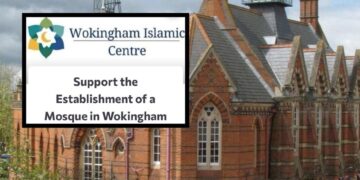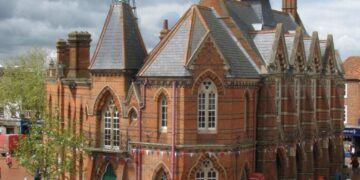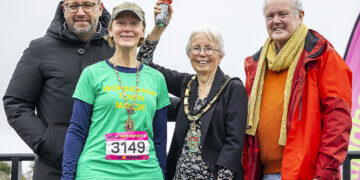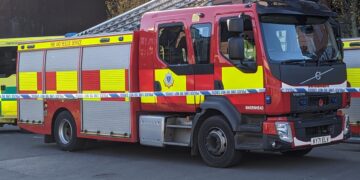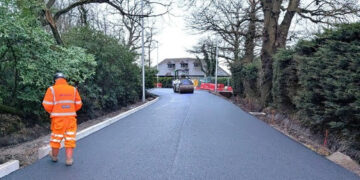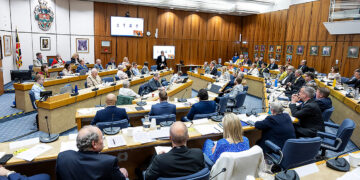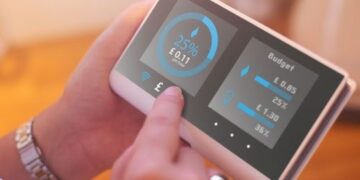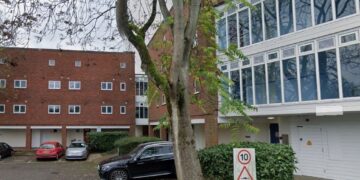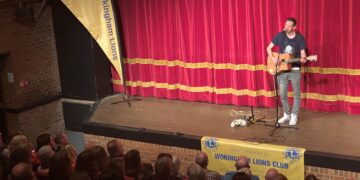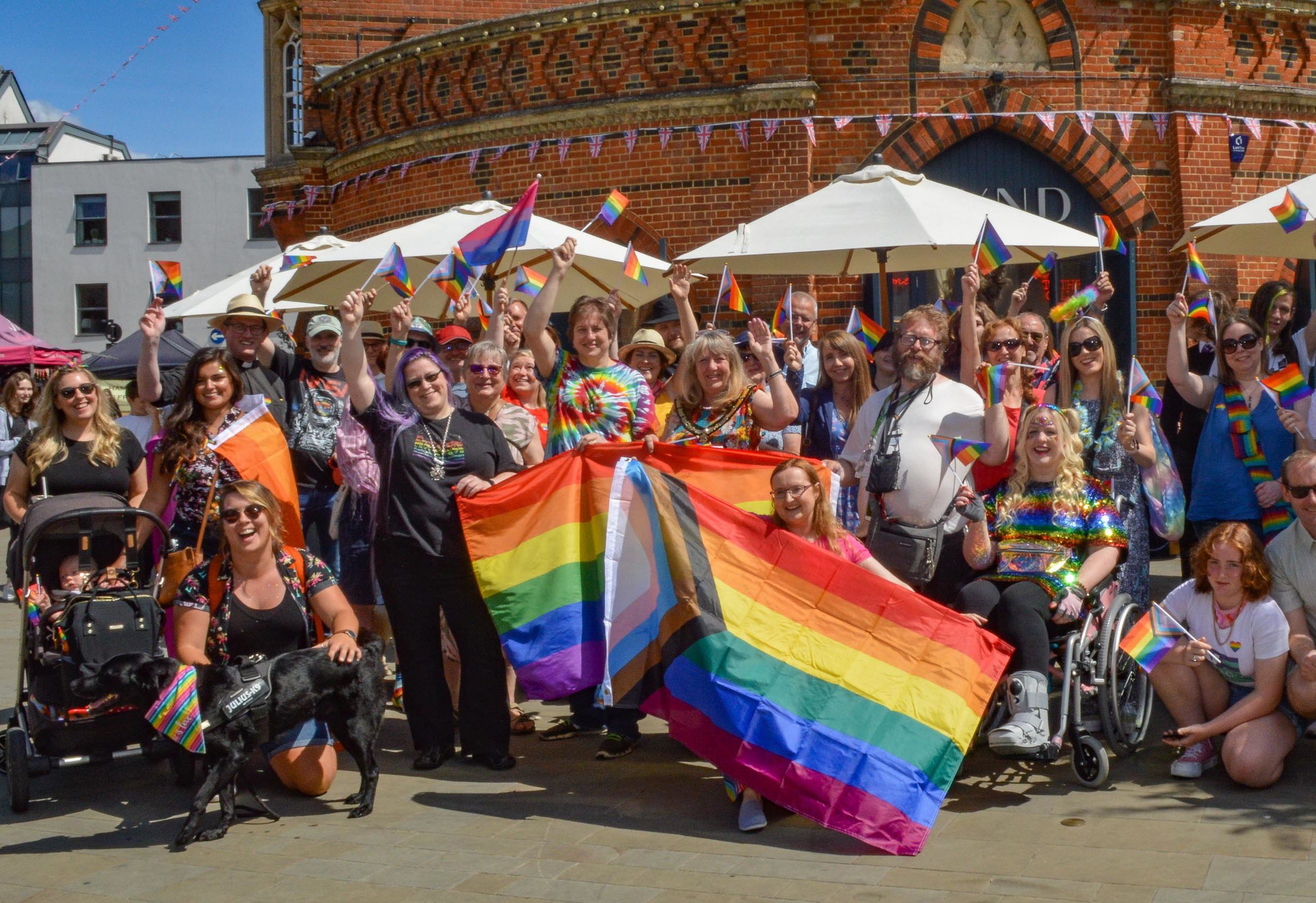TRANSGENDER and non-binary people have been counted in the census for the first time in its 220-year history.
The figures for England and Wales, released by the Office for National Statistics (ONS) last month, show that 262,000 people identify as a gender different to their sex registered at birth.
In Wokingham borough, more than 200 people are transgender, with 99 transgender women and 116 transgender men.
There were 70 people who identified as non-binary, an umbrella term for those whose gender identity doesn’t sit comfortably with “man” or “woman”.
All other gender identities tallied to 40 people.
Nationally, the number of people who said they were not the same gender as their birth sex amounted to 0.5% of the population that responded.
The census also recorded sexuality for the first time.
The government has previously collected data on sexual orientation through the Annual Population Survey, but including the question in the census allows for a more detailed understanding across England and Wales.
In Wokingham borough, 1,467 people identified as gay or lesbian, more than 1% of the population.
This was closely followed by 1,311 people choosing bisexual as their orientation.
Pansexual, a person whose romantic and/or sexual attraction towards others is not limited by sex or gender, was selected by 233 people and 83 people identified as asexual, a person who does not experience sexual attraction.
Across England and Wales, 1.5 million people identified as gay or lesbian, bisexual or another sexual orientation, 3.2% of the population.
The figures for both gender identity and sexuality may include undercounting as the questions were voluntary and for people aged 16 and over.
Also, 2.9 million people did not answer on gender identity.
The LGBTQ+ charity Stonewall has hailed the results as a “historic step”.
Nancy Kelley, Stonewall’s chief executive, added: “For the past two centuries of data gathering through our national census, LGBTQ+ people have been invisible, with the stories of our communities, our diversity, and our lives missing from the national record.
“Today is a historic step forward after decades of Stonewall campaigning to record sexual orientation and gender identity in the census, finally painting an accurate picture of the diverse ‘Rainbow Britain’ that we now live in.”


